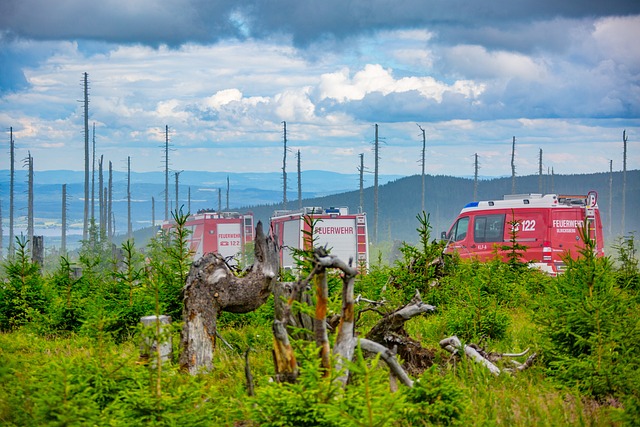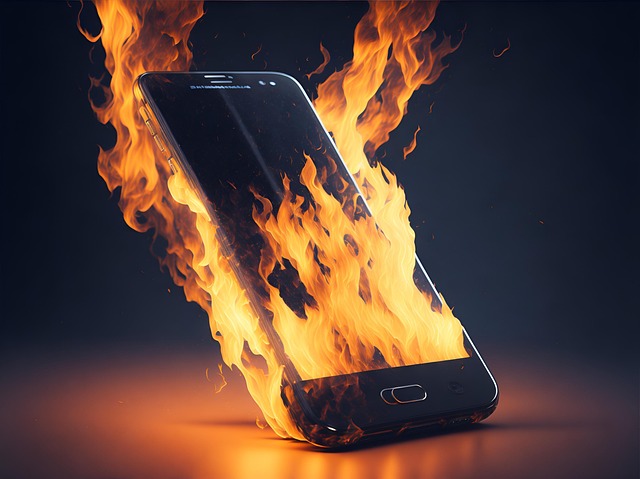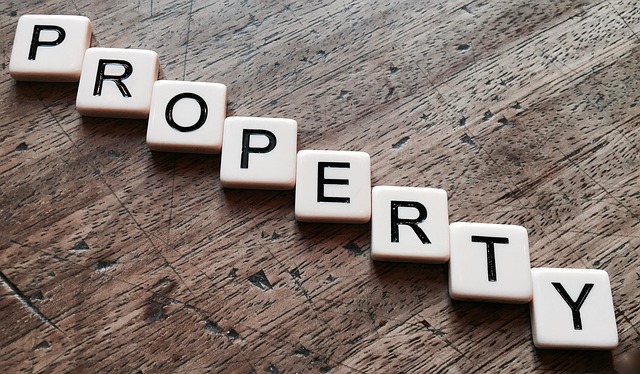Navigating Selling Fire Damaged Property in Houston: Trends & Guide
The Houston real estate market is driven by economic growth, demographic shifts, and environmental f…….
In the bustling metropolis of Houston, Texas, a unique and often complex process takes place after a disaster—the selling of fire-damaged properties. This phenomenon is not only a significant aspect of the city’s resilience but also a intricate segment within the real estate market. The article aims to explore the nuances of this practice, providing an in-depth understanding of its mechanics, impact, and future trajectory. By delving into various facets, from economic implications to technological innovations, readers will gain valuable insights into how Houston navigates the post-fire real estate landscape.
Selling fire-damaged property refers to the process of disposing of or rehabilitating residential or commercial spaces that have been affected by a fire. In Houston, this often involves properties where the damage ranges from minor repairs to complete restructuring, depending on the severity of the blaze. The scope includes not just the physical structures but also the legal and financial aspects surrounding their sale.
Houston’s history is marked by several significant fires that have shaped its urban landscape. From the Great Houston Fire of 1900, which destroyed large parts of the downtown area, to more recent events like the 2008 hurricane-induced fires, each disaster has left its mark on the city’s real estate market. Over time, a specialized sector emerged to address the unique challenges of buying and selling fire-damaged properties, leading to the development of specific strategies and regulations.
This practice is crucial for several reasons:
The concept of selling fire-damaged properties has spread globally, influenced by natural disasters and urban fires in various countries. Cities like Tokyo (post-World War II), New Orleans (after Hurricane Katrina), and Sydney (following bushfires) have all navigated similar challenges. Each region adapts the process to fit its unique cultural, legal, and economic contexts.
The market for fire-damaged properties exhibits distinct characteristics:
Technology plays a pivotal role in modernizing the process:
Technological innovations streamline various aspects:
The legal landscape surrounding fire-damaged property sales is complex:
Houston’s government has implemented various policies to support the process:
The future holds potential for further technological advancements:
Selling fire-damaged property in Houston is a complex yet essential aspect of the city’s real estate ecosystem. It involves intricate interactions between market forces, technology, and government policies. As the city continues to evolve, so too will this practice, presenting both opportunities and challenges. By understanding its nuances, stakeholders can navigate this unique segment of the real estate market, contributing to Houston’s resilience and recovery.

The Houston real estate market is driven by economic growth, demographic shifts, and environmental f…….

Selling fire-damaged property in Houston requires understanding the severe consequences of smoke dam…….

Selling a fire-damaged property in Houston requires understanding local housing regulations for safe…….

The market for sold fire-damaged properties in Houston has grown due to recent natural disasters, at…….

Selling a fire-damaged property in Houston requires understanding and adhering to local housing regu…….

Selling a fire-damaged property in Houston requires understanding detailed repair estimates that bri…….

Fire-damaged property auctions in Texas, especially in bustling Houston, are a significant part of t…….

Fire damage complicates selling homes in competitive Houston, deterring buyers due to visible marks…….

Houston homeowners face unique challenges with water and fire damage, impacting their ability to sel…….